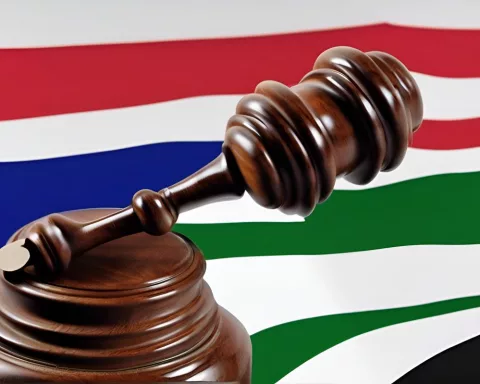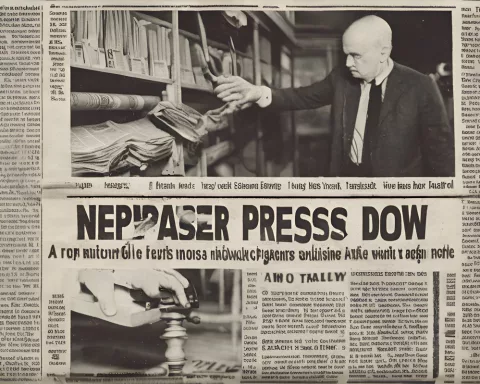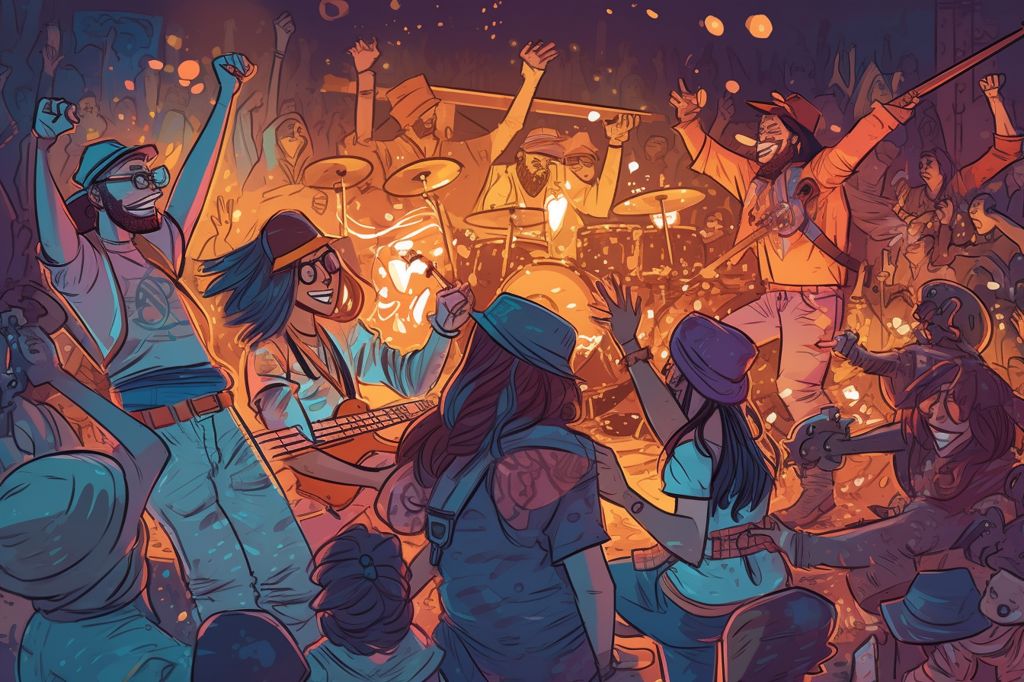Over the past few years, the media landscape in South Africa has experienced significant changes. With the emergence of digital media and the decline of print, traditional newspapers have had to adapt to remain relevant. However, not all publications have been able to make the transition easily.
Die Kaapse Son’s Difficult Decision
Die Kaapse Son, a popular Afrikaans daily in Cape Town, is one such publication that has had to make difficult decisions. The newspaper recently announced that it would be turning into a weekly publication and laying off 20 staff members. This decision has raised concerns among media professionals and readers who view it as a blow to journalistic diversity and independence.
Gasant Abarder’s Reflections
Gasant Abarder, a media professional and thought leader, shared his thoughts on the issue in his weekly column for Cape {town} Etc. He questioned the silence of media royalty and the South African National Editors’ Forum, who he felt had not done enough to speak out against the demise of Die Kaapse Son. Abarder praised the bold reporting of Die Son and other publications like The Daily Sun, which catered to audiences that were often ignored by traditional newspapers.
Importance of Media Professionals Supporting Each Other
Abarder’s article highlights the importance of media professionals supporting each other, even if they work for rival publications. He also raises the issue of media ownership and editorial independence in South Africa. The closure of Die Son represents a significant loss for the Cape Town coloured community and journalism as a whole. It serves as a reminder that media professionals must stand up for their beliefs, fight for journalistic integrity, diversity, and inclusion, and support each other during challenging times.












